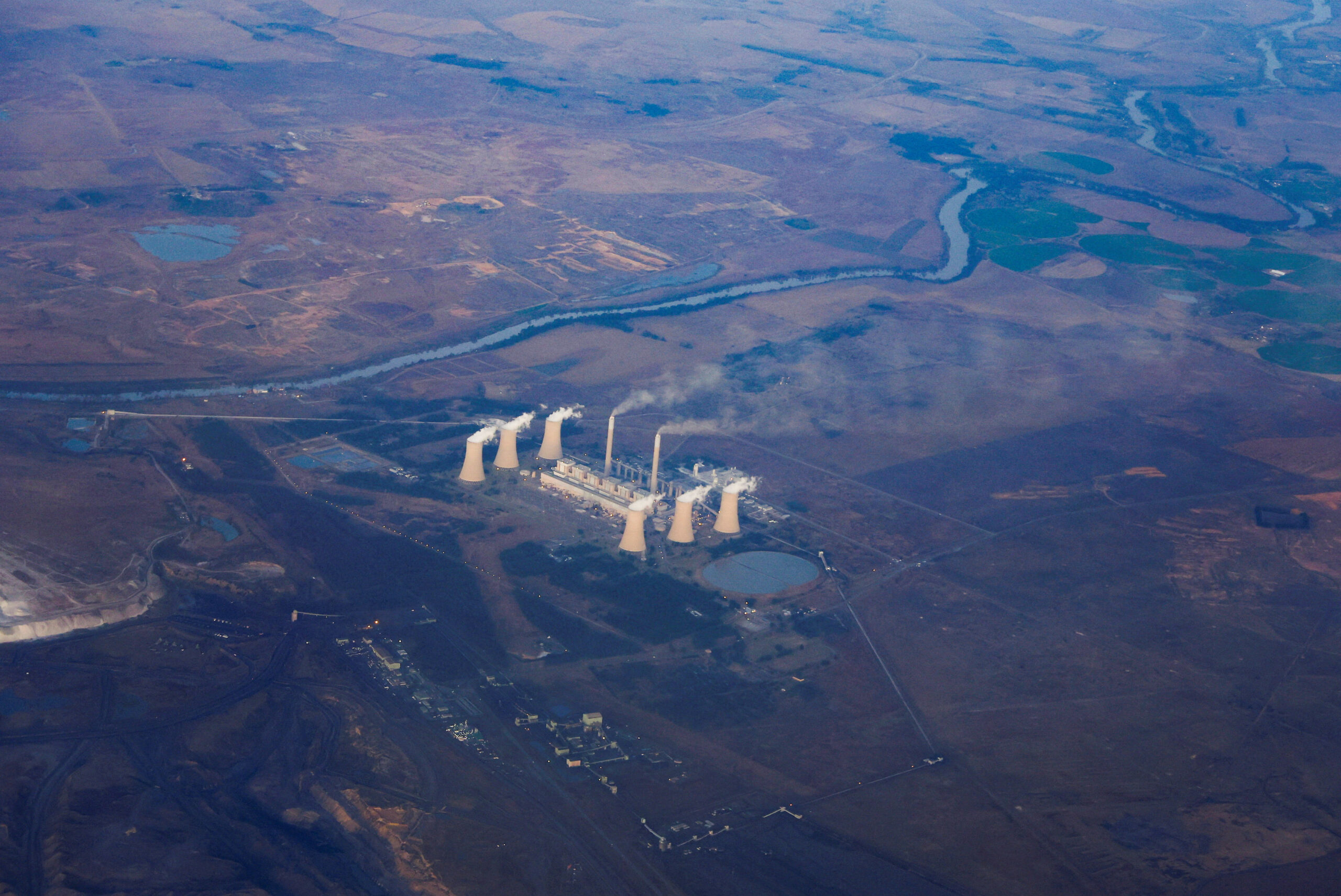JOHANNESBURG (Reuters) – South African utility Eskom has an optimistic outlook for power supply in the summer months, its CEO said on Wednesday, as one of its newest power plants is expected to progressively come online.
In May, Eskom had projected an unprecedented level of power cuts during the winter months. Although its most dire predictions did not materialise, the country still experienced 10 hours of power cuts for 39 days in winter and not a single day with uninterrupted supply.
South Africa is facing its worst power crisis on record with Eskom only able to supply around 30,000 MW of its installed 45,000 MW capacity as its ageing, coal-fired plants often break down, impacting businesses and households.
ALSO READ: Eskom to respond to ex-Group Chief Executive’s book
Four of its 15 coal-fired plants are breaching government emissions regulations, as it pushes the ageing facilities to the limit.
The country’s central bank said in June that regular power cuts would shave off almost 2% of the country’s growth rate.
The outlook is positive as plant outages will not exceed 14,500 MW, a third of its capacity, and lower than 16,500 MW seen in the winter and summer of last year, acting CEO Calib Cassim said, calling it a “base case scenario”.
“Why it is a credible base case… because the fundamental point is that we are bringing back over 2000 megawatts (MW),” he said.
The summer months of September to March are usually considered a relatively lower demand period.
ALSO READ: As Eskom Woes Deepen, Power Cuts Loom for Eswatini
In the base case scenario, the country would see “Stage 4” loadshedding at worst, which translates into up to six hours of power cuts in a 32-hour cycle, he said.
Bheki Nxumalo, Eskom’s head of generation, said he expected lower daily rolling blackouts as the Kusile power plant would progressively come online from October. By December, five units of Kusile with a capacity of 4000 MW will be online, he said.
But Cassim cautioned this outlook was based on mathematical modelling and does not factor in unforeseen events such as plant failure, floods, coal supply etc.


